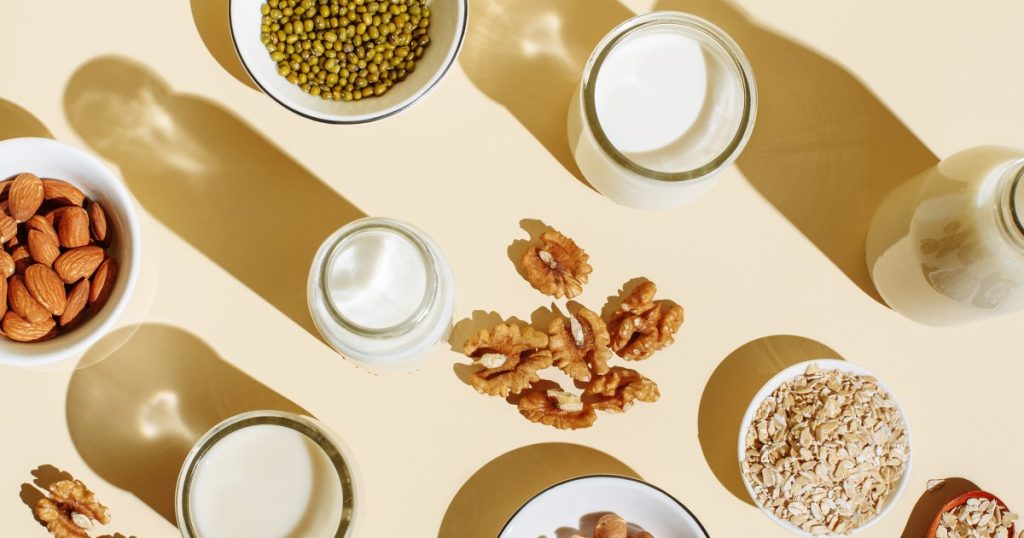The milk section of the supermarket can be overwhelming due to the many options available, including dairy and plant-based milks. Milk substitutes accounted for three billion dollars in revenue in the United States in 2020, with that number expected to rise in the coming years. With milk being a staple in the American diet, choosing a healthy option is essential. To help navigate the dairy aisle, the healthiest milk options are discussed.
Cow’s milk is synonymous with dairy and is considered one of the most nutritious options available. It is rich in protein, calcium, vitamin D, and other essential nutrients that support overall health. With several varieties available, such as skim, 1%, 2%, and whole milk, individuals can choose based on their preferences for fat and calorie content. However, some people may have difficulty digesting lactose in cow’s milk, leading them to seek non-dairy alternatives.
Soy milk is a top choice for those looking for a healthy non-dairy milk option. It contains 8 grams of protein per 8-ounces and is often fortified with calcium and vitamin D. Soy milk is a suitable substitute for individuals with nut or dairy allergies, as it has a neutral taste that blends well with various foods and beverages. However, some people may also have soy allergies, so it is important to consider individual dietary needs.
Pea milk is another nutritious milk alternative that is suitable for those with both dairy intolerance and nut allergies. Although it has a faint pea-like taste, it is rich in protein and essential nutrients, making it a beneficial option for those looking to diversify their milk choices. Almond milk, on the other hand, is low in calories and has a slightly nutty flavor. It is fortified with vitamin D and calcium but lacks protein. It is essential to look for unsweetened versions to avoid added sugars.
Hemp milk is derived from hemp seeds and is rich in plant-based omega-3 fatty acids and calcium. While it is lower in protein, it offers a unique grassy or earthy flavor that may appeal to some consumers. Oat milk is another popular plant-based option, with varying nutrition profiles depending on the brand. It is creamier than other plant milks but higher in calories and carbohydrates. Overall, the healthiest milk options depend on individual dietary preferences and needs.













